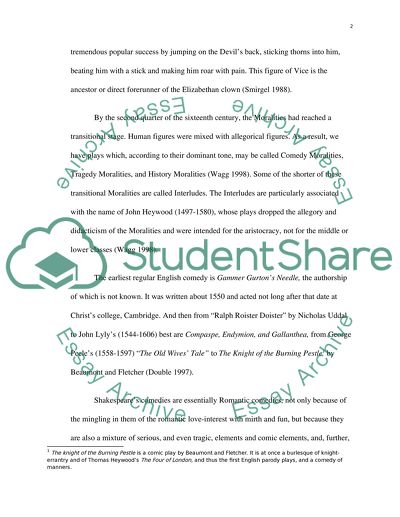Cite this document
(“''Every Man in His Humour'' Comedy Book Report/Review”, n.d.)
Retrieved de https://studentshare.org/literature/1516088-every-man-in-his-humour-comedy
Retrieved de https://studentshare.org/literature/1516088-every-man-in-his-humour-comedy
(''Every Man in His Humour'' Comedy Book Report/Review)
https://studentshare.org/literature/1516088-every-man-in-his-humour-comedy.
https://studentshare.org/literature/1516088-every-man-in-his-humour-comedy.
“''Every Man in His Humour'' Comedy Book Report/Review”, n.d. https://studentshare.org/literature/1516088-every-man-in-his-humour-comedy.


